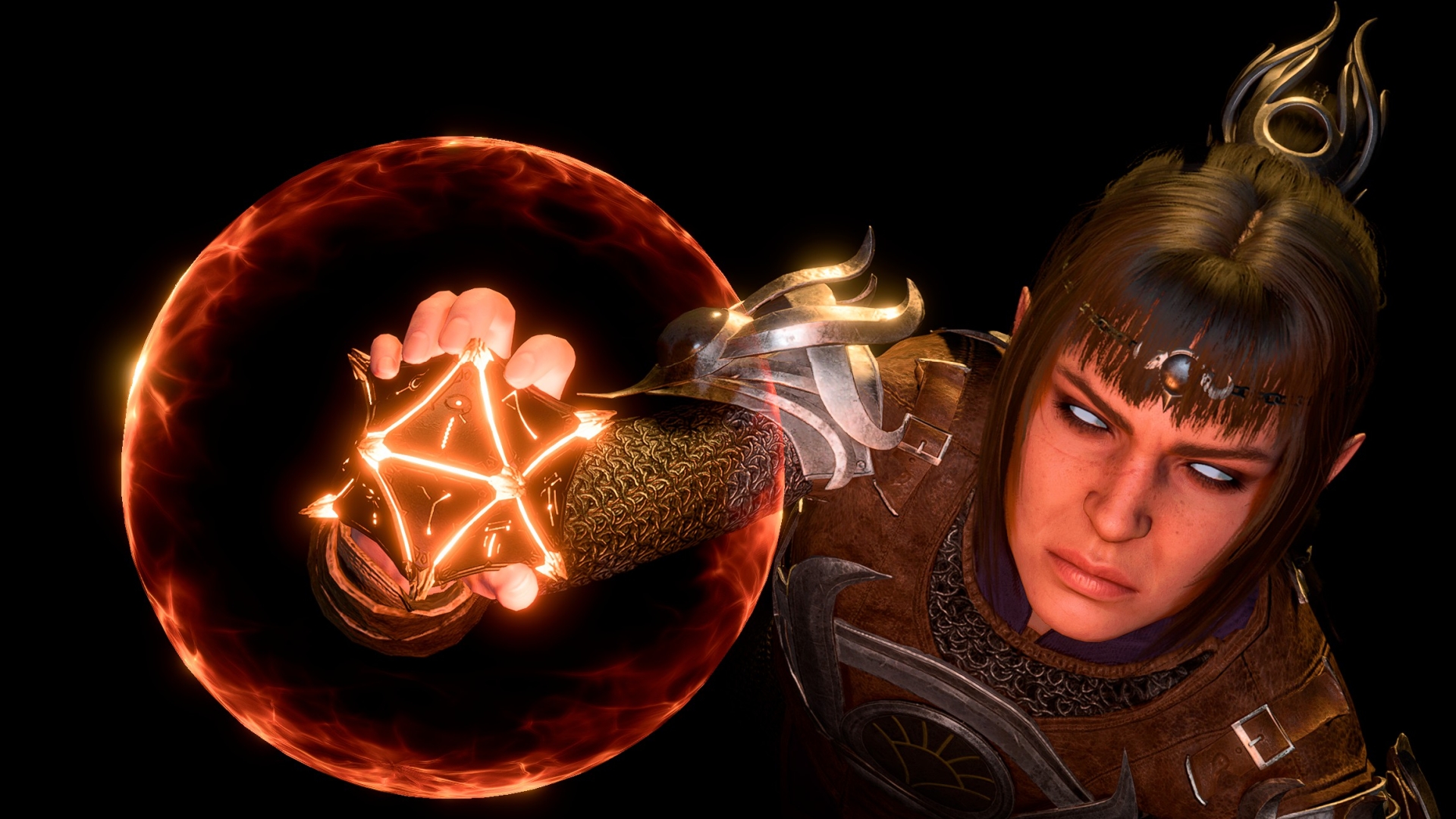
Baldur's Gate 3 is bafflingly reactive. You can't drop-kick an owlbear without the ripples spreading out and causing some kind of reaction later on down the line. But it goes even deeper than I knew: In a recent interview, Larian CEO Swen Vincke shed some light on the studio's "n+1" design philosophy, and revealed just how far it goes to create solutions for times when "the player fucked up everything."
Vincke was chatting to IGN when he mentioned Larian's approach to making sure its games can accommodate our terrible, terrible foul-ups: "It's called n+1. We introduce it with Original Sin… you always have to assume that all the antagonists and protagonists will be killed by the player." That means, essentially, there always has to be some fallback way to deliver plot-critical to the player even if they're standing on a mountain of corpses, or if they've totally ignored some vitally important NPC.
"We have a whole bunch of creative ways of dealing with it," said Vincke, "So with Shadowheart and her Githyanki artifact, she had 24 versions of giving [it to] you, I think at some point… It might even be more." All so that particularly carefree or destructive players "would not be hindered" as they played BG3.
Which is, frankly, spectacular, and utterly unsurprising now that I hear it. It reminds me of Fallout: New Vegas' approach of imagining a player who has a flamethrower constantly firing from their front and back, annihilating everyone who gets close. Plenty of RPGs will simply make plot-critical NPCs invulnerable, but my favourites always come up with clever ways to still tell their stories despite players' best efforts to disrupt them. For New Vegas, that was the game's "Yes Man" route, and for BG3 it's dreaming up 24 distinct ways for Shadowheart to Amazon Prime you a Gith d20.
Alas, it seems we'll never get a 25th, as Larian has announced it's leaving Baldur's Gate behind to focus on new projects in the years ahead. That means no sequel and no DLC, just whatever patches and updates Larian has left in the tank before it continues on its merry way. It's a bittersweet thing, but hey, at least it means we'll eventually get a whole new game—and perhaps world—in which to make terrible decisions that developers need to account for ahead of time.







